The Beautiful Game is a film of second chances — where teams of homeless men and women from around the world find that all roads lead to Rome and everything’s to play for.
Starring Bill Nighy as coach Mal, it follows the England team as they prepare for the Homelessness World Cup in Rome. At the last minute, Mal decides to bring with them a talented striker Vinny (Michael Ward), who could give them a chance at winning, but only if he’s ready to let go of his past and become part of the team.
The Homelessness World Cup is a real football tournament and the film was made by the foundation responsible for the annual games.
The idea for Homeless World Cup (HWC) Foundation emerged in 2001. It was created by The Big Issue, a magazine that supports homelessness, co-founder Mel Young and Austrian journalist Harald Schmied with the aim of transforming lives, creating opportunities and changing perceptions of homelessness.
To date, HWC has helped 1.2 million homeless people through a network of more than 70 grassroots organisations in more than 70 countries. The Cities Ending Homelessness Report supported by HWC notes that along with interventions around housing, mental health and employment, HWC football is helping to change the narrative from managing the homeless problem to ending homelessness.
As someone who has worked with people who have been helped by the tournament, I found the film captured the spirit, commitment and, in part, the remarkable story of the Homelessness World Cup.
A sense of hope and purpose
Last year’s tournament involved 400 players representing 40 countries and took place in Sacramento, California in the US. The teams competed in a week-long football tournament for seven prizes: four for the men’s competition and three for the women’s. The tournament marked 20 years of HWC and was won by Mexico’s women’s team and Chile’s men.
An HWC survey found that 94% of players say the foundation has had a positive effect on their lives, 83% improved their relationship with families and friends and 77% say that HWC has changed their lives significantly and 76% continue to enjoy and play the sport.
Many of the extras in the film had been helped by HWC. Bill Nighy told the BBCthat the best bit about being in the film was meeting the extras who had participated in the real tournaments and are now no longer homeless.
As a sports academic, I have worked with HWC and spoken to many people who they have helped. In a journal article, my colleague Susan Ahrens and I sought to find out to what extent football could increase the capability of the homeless and those living on the street. We did so by focusing on how the Homeless World Cup and Street Soccer (Scotland) have affected the lives of some people.
During this research, I spoke to people whose lives had been changed by competing. The stories I heard were about finding hope in sport. As one man told me: “It helped me mentally because I was starting to get depressed but the football and goal of HWC helped me feel more positive.”
Others spoke of gaining purpose and control. “I want to feel like I have control in an aspect of my life again … At the moment soccer gives me this.”
Many also said that the experience had given them hope for the future. “To me it [HWC] was a symbol of hope, determination, strength, and courage. It was the first time in my life I was proud to say I was an addict in recovery.”
Our research found that interventions that start small can make a big difference. Football can contribute to non-football outcomes, such as reducing homelessness and building other skills such as team work and communication.
The Beautiful Game echoes our research as it celebrates the power and potential of team sports for those who might feel pushed to the margins. We watch as Vinny refuses to relate to his team mates and to accept his homelessness. Playing as part of a team helps him to open up and be hopeful. Winning is not the real reward of playing in the HWC, it’s the interpersonal skills Vinny learns and the personal development he experiences.
The film is a testament to the reach and capability of football as a tool to make a difference that goes beyond the pitch.

Looking for something good? Cut through the noise with a carefully curated selection of the latest releases, live events and exhibitions, straight to your inbox every fortnight, on Fridays. Sign up here.![]()
Grant Jarvie, Chair of Sport and Head of the Academy of Sport, The University of Edinburgh
This article is republished from The Conversation under a Creative Commons license. Read the original article.
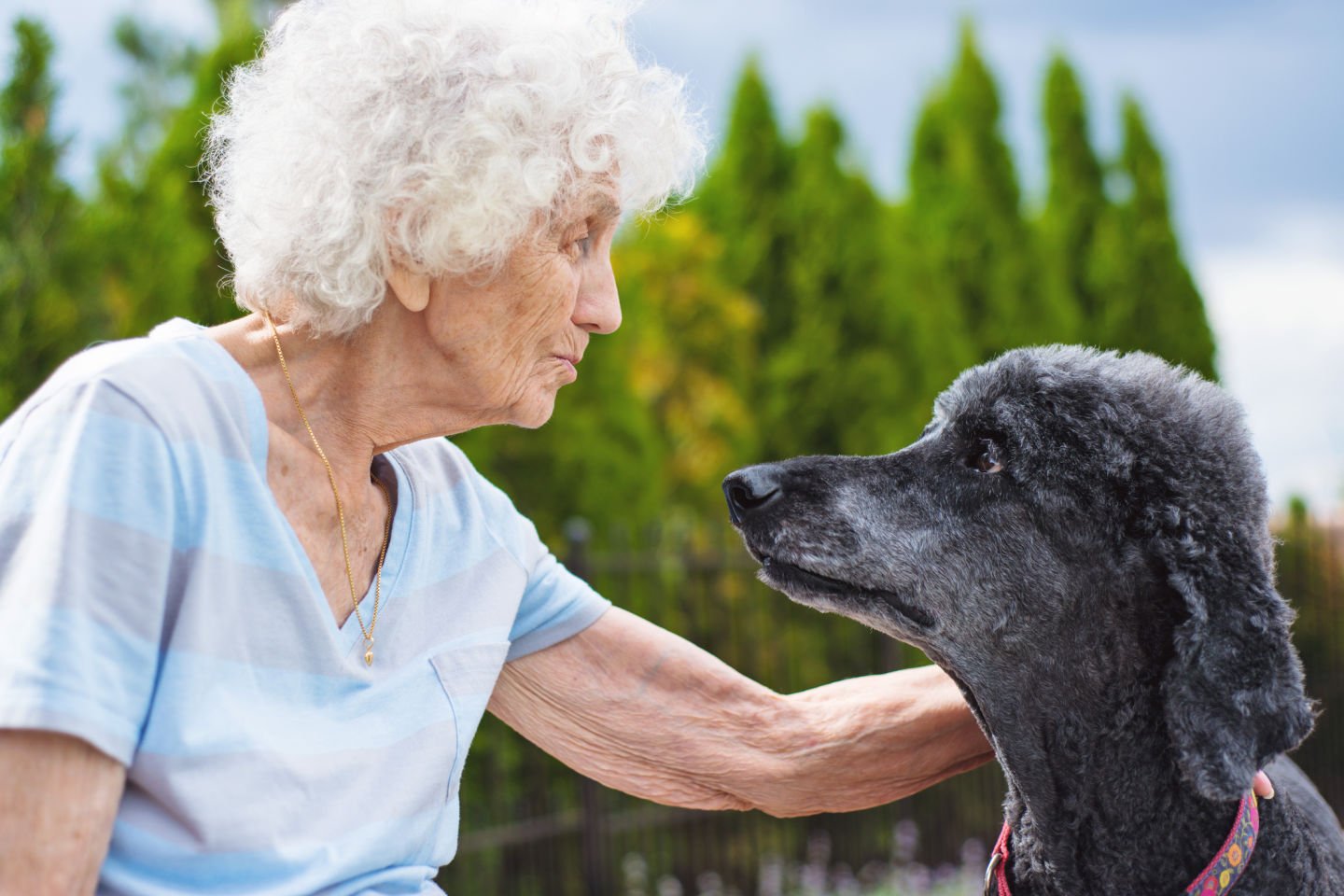
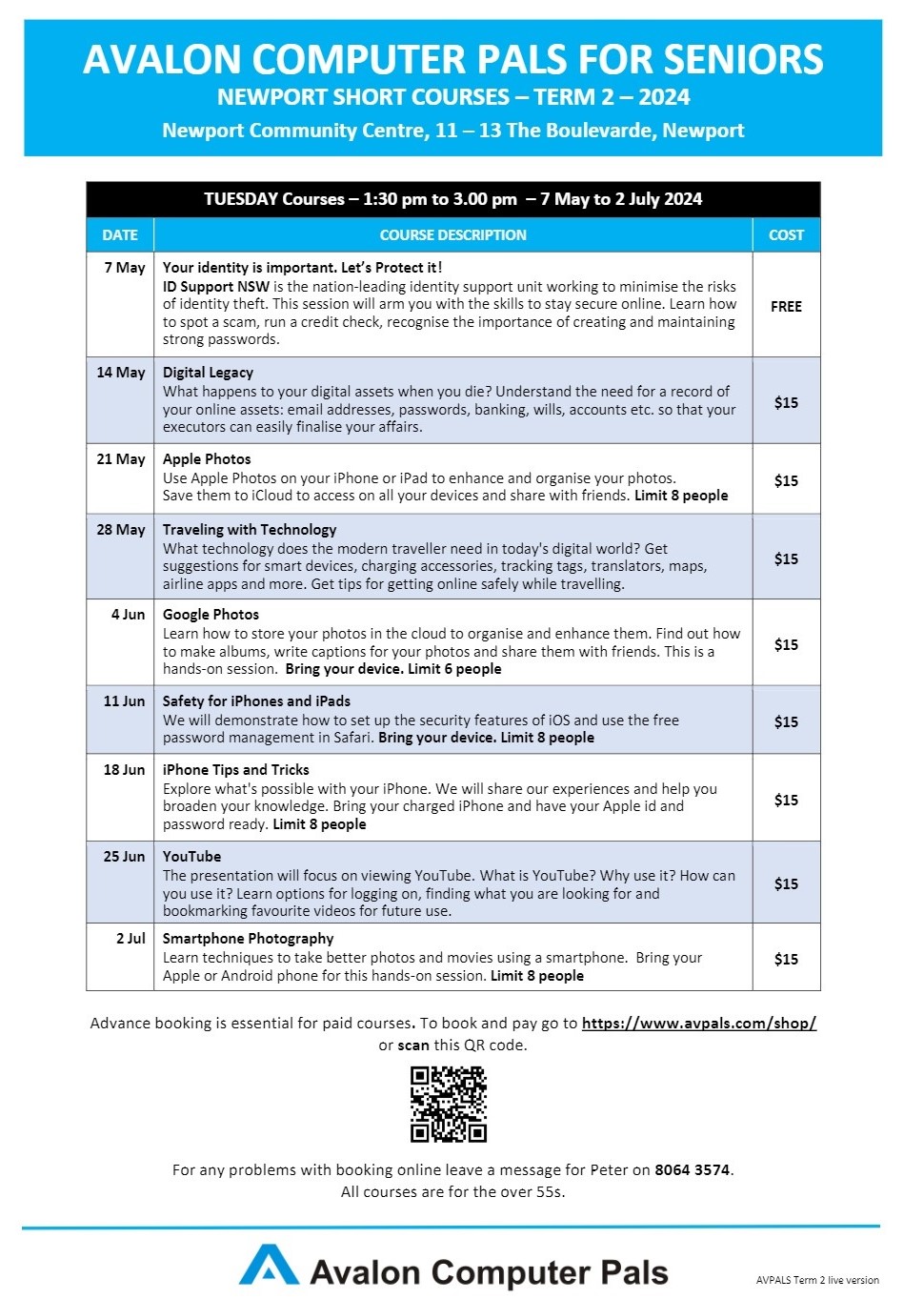
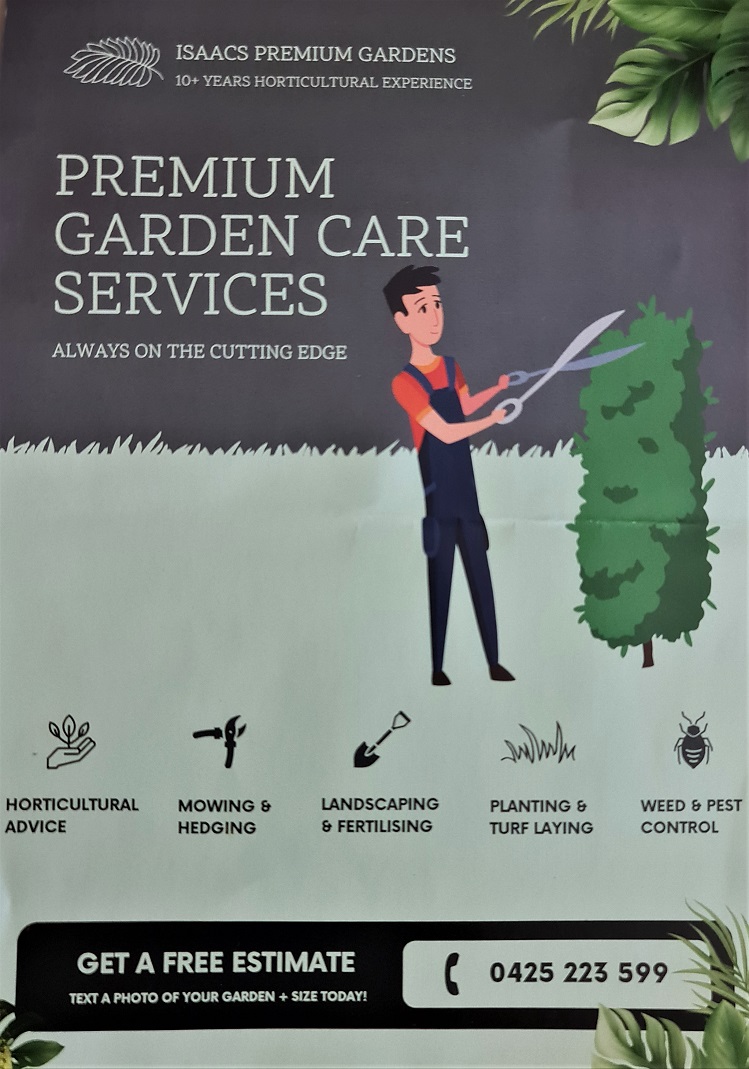
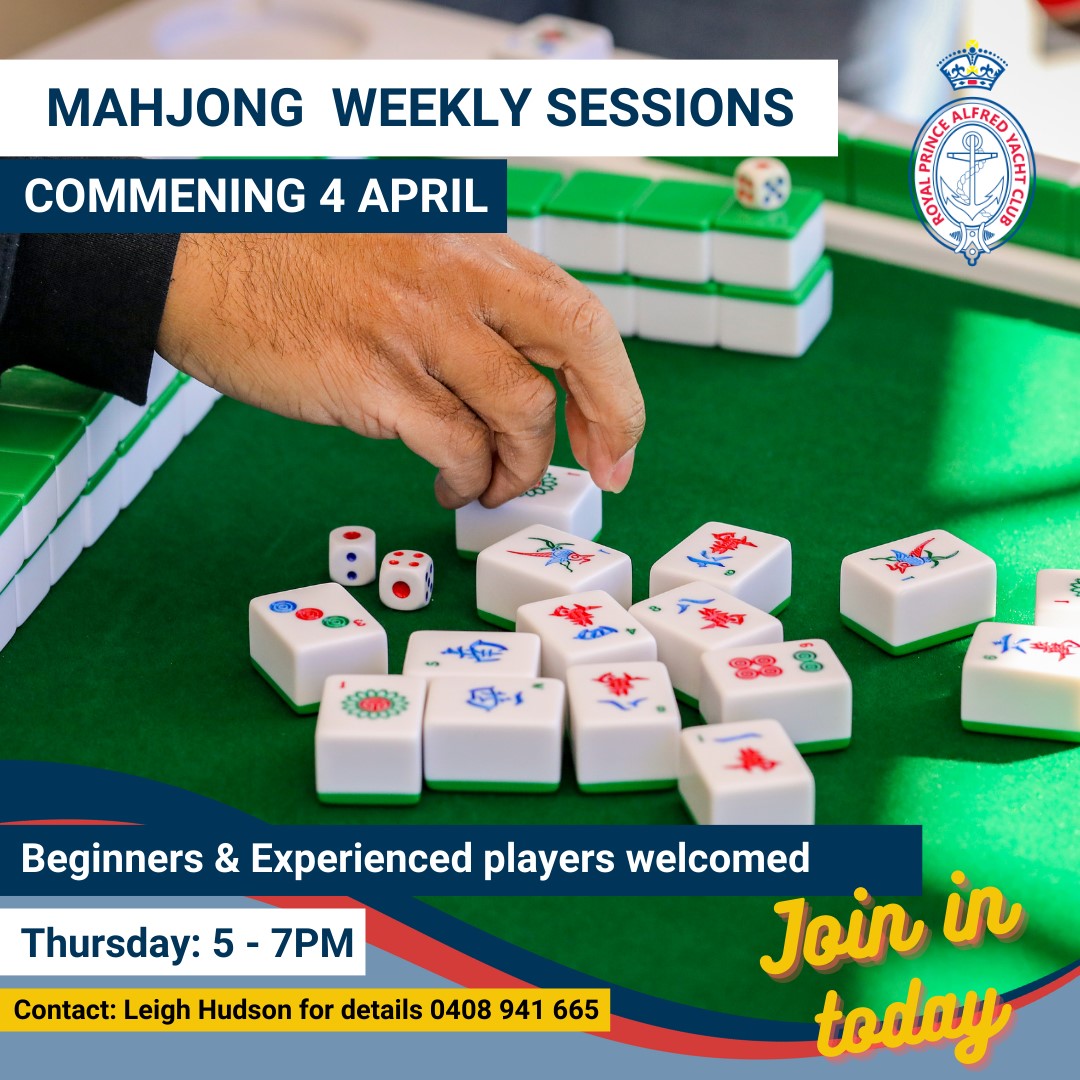
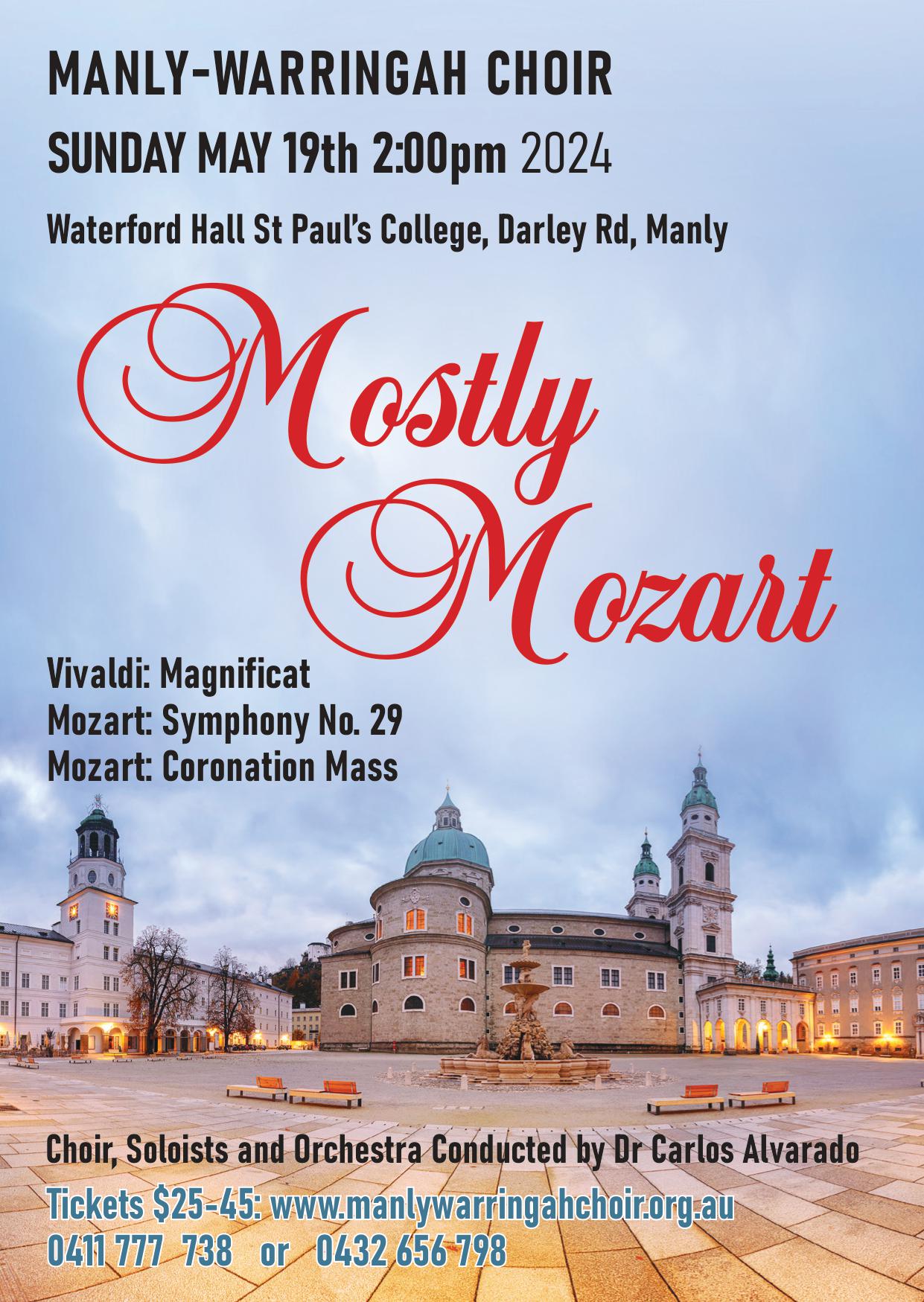
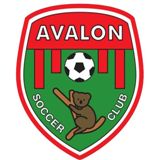
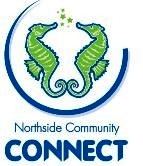 Community Connect
Community Connect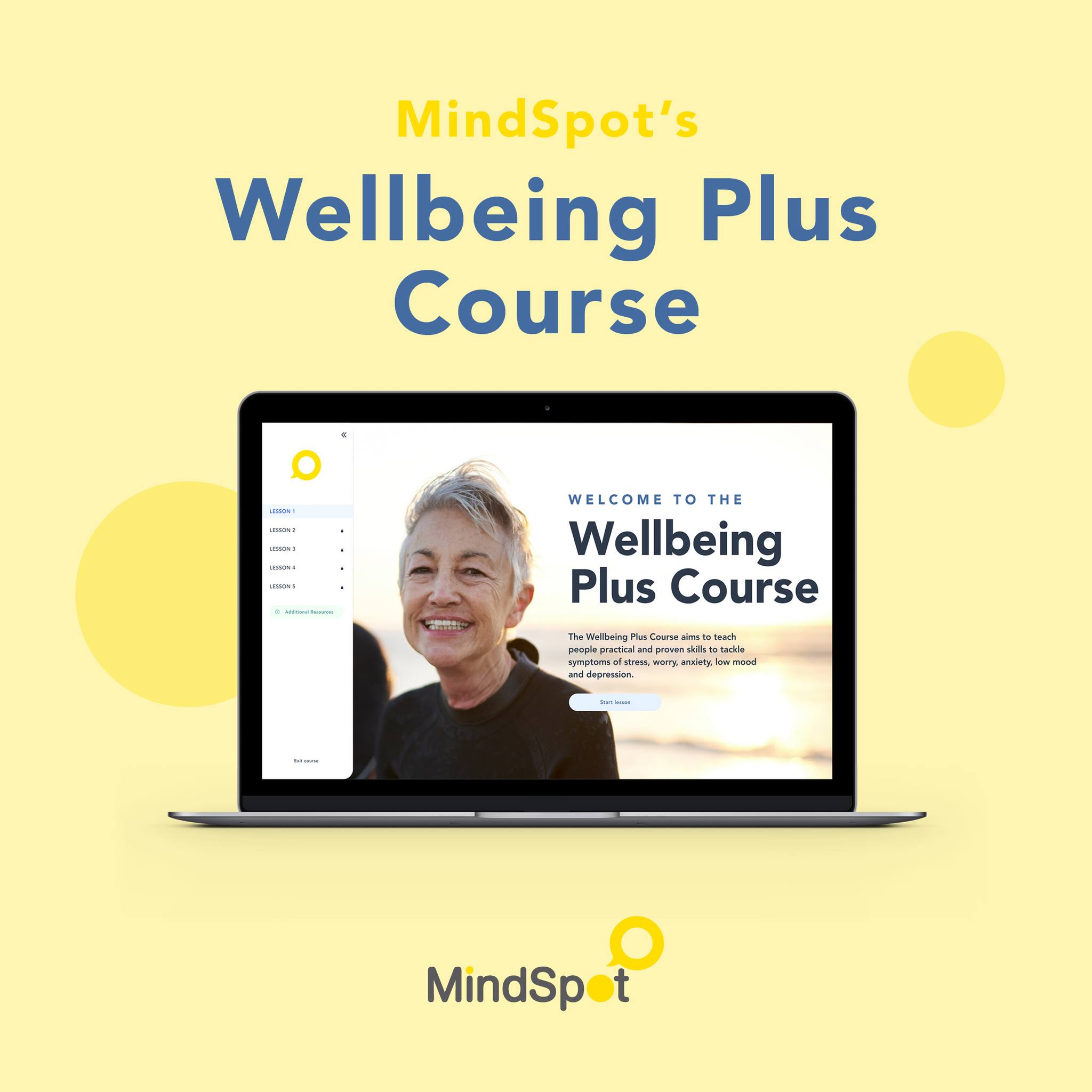


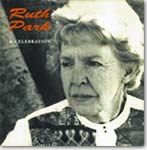 The National Library of Australia provides access to thousands of ebooks through its website, catalogue and eResources service. These include our own publications and digitised historical books from our collections as well as subscriptions to collections such as Chinese eResources, Early English Books Online and Ebsco ebooks.
The National Library of Australia provides access to thousands of ebooks through its website, catalogue and eResources service. These include our own publications and digitised historical books from our collections as well as subscriptions to collections such as Chinese eResources, Early English Books Online and Ebsco ebooks.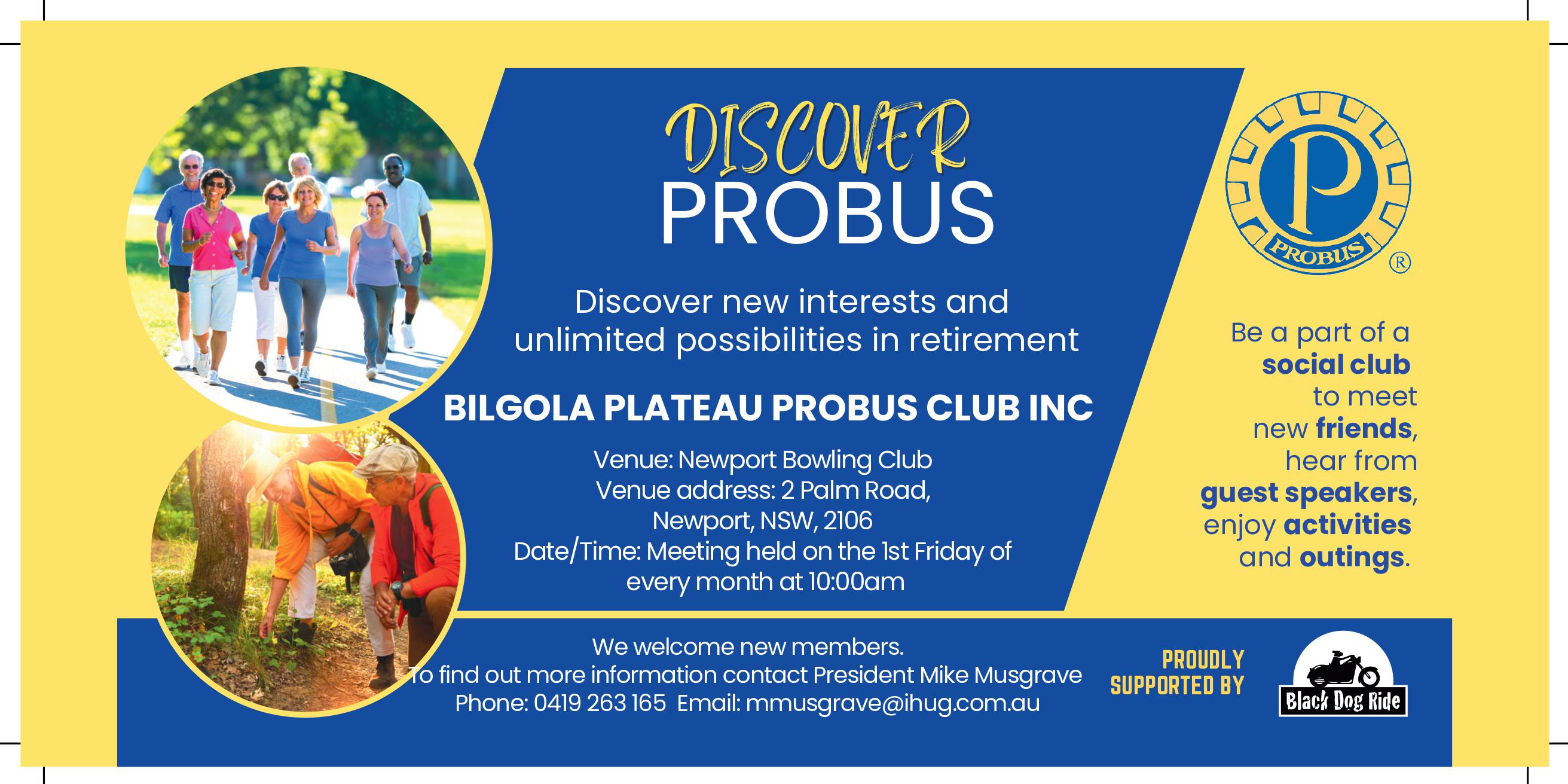
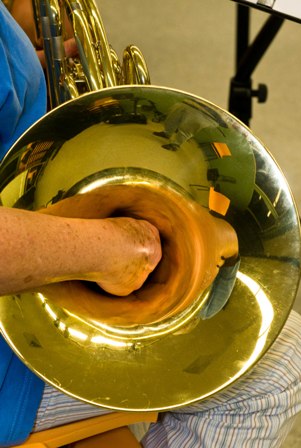
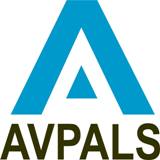
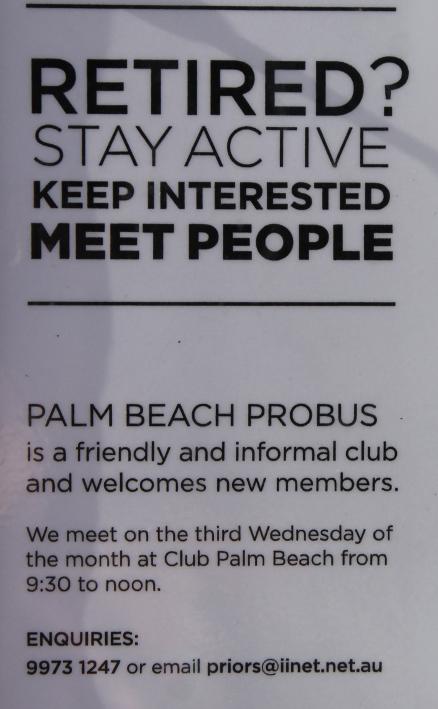
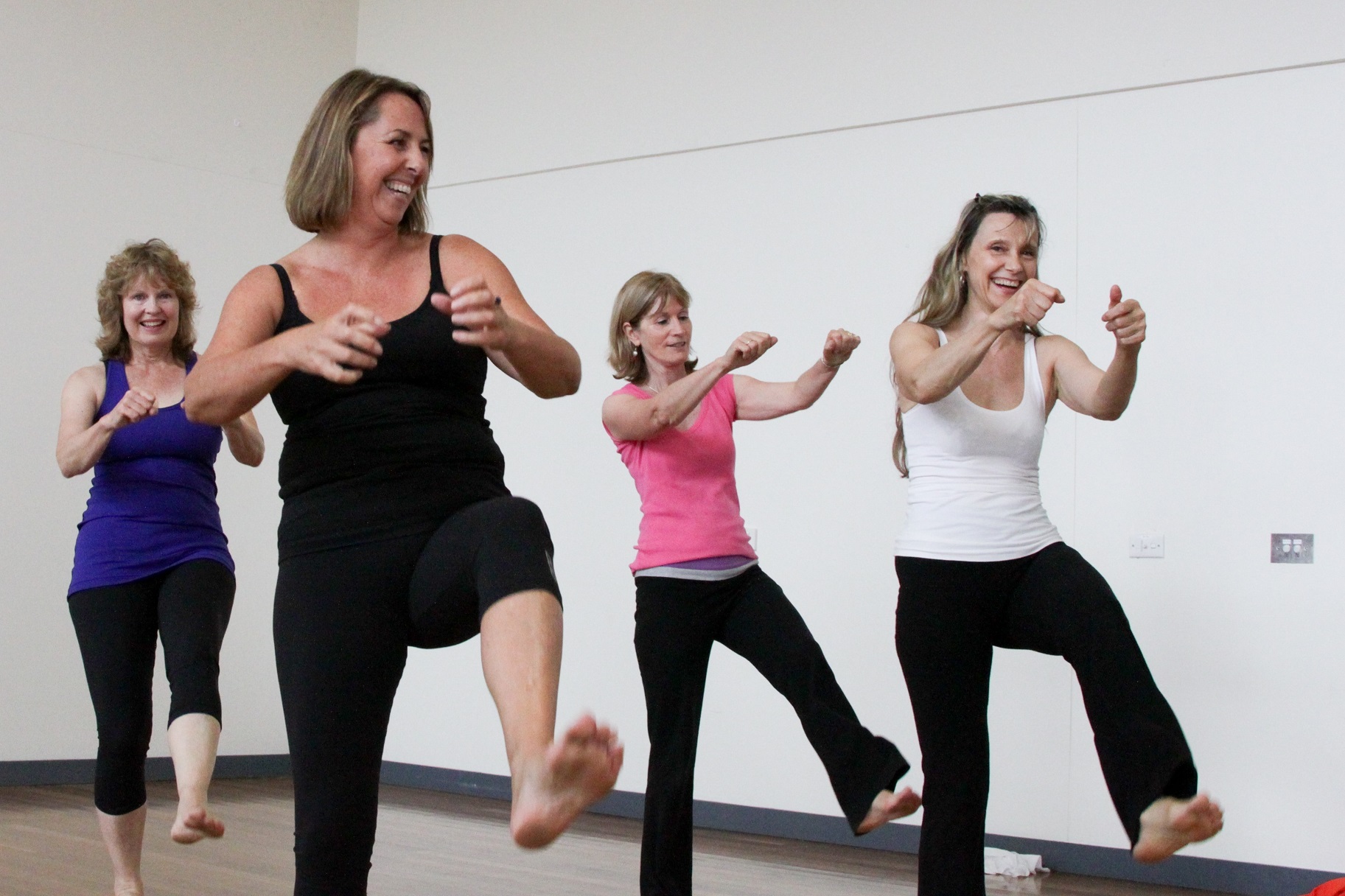

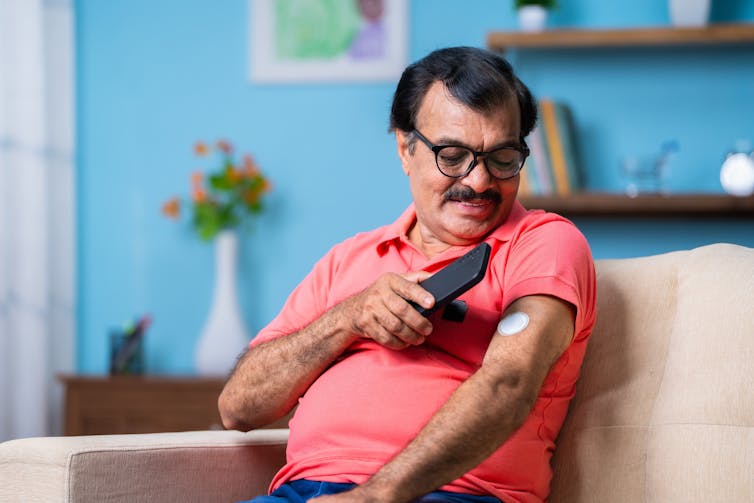
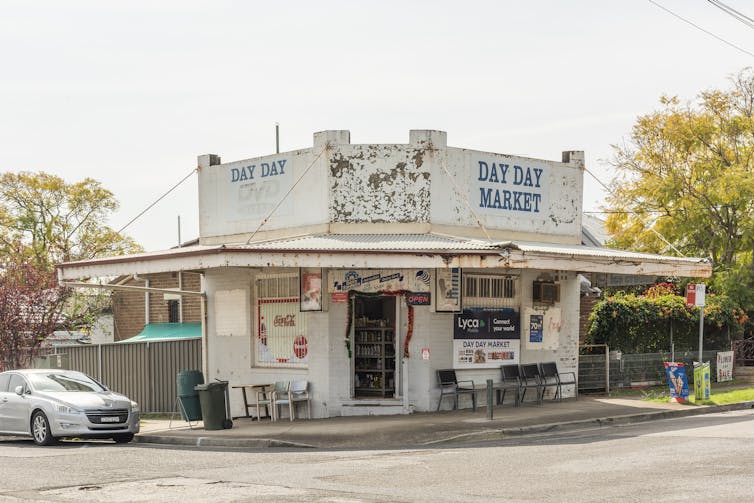
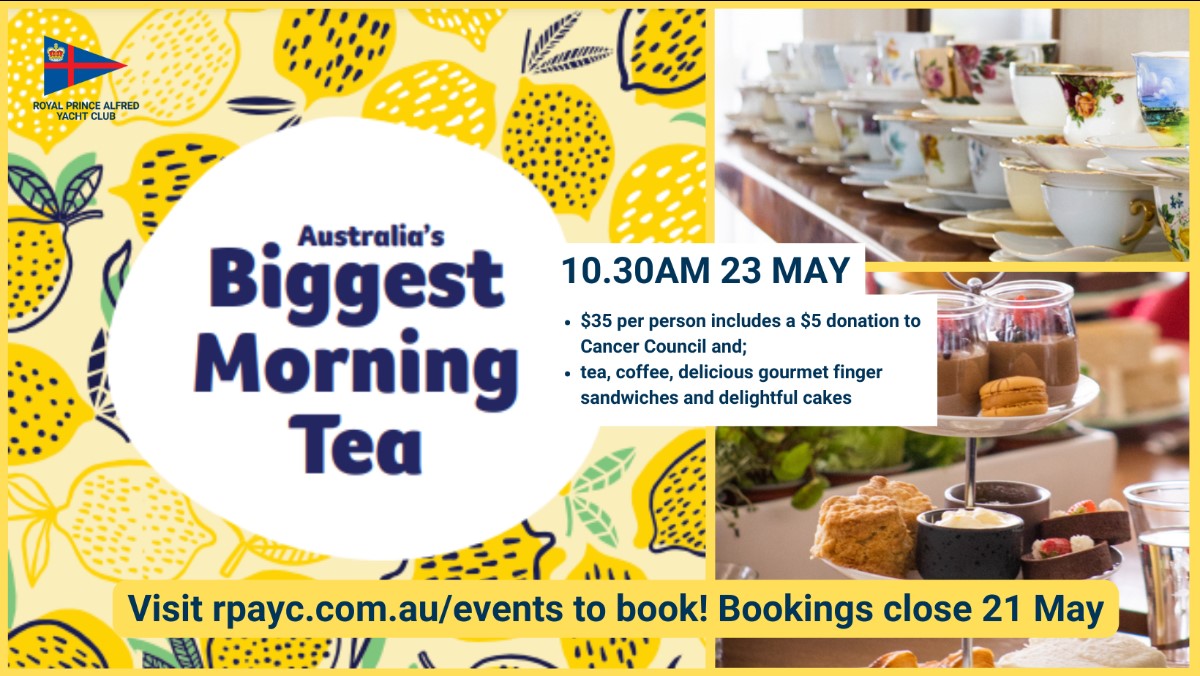
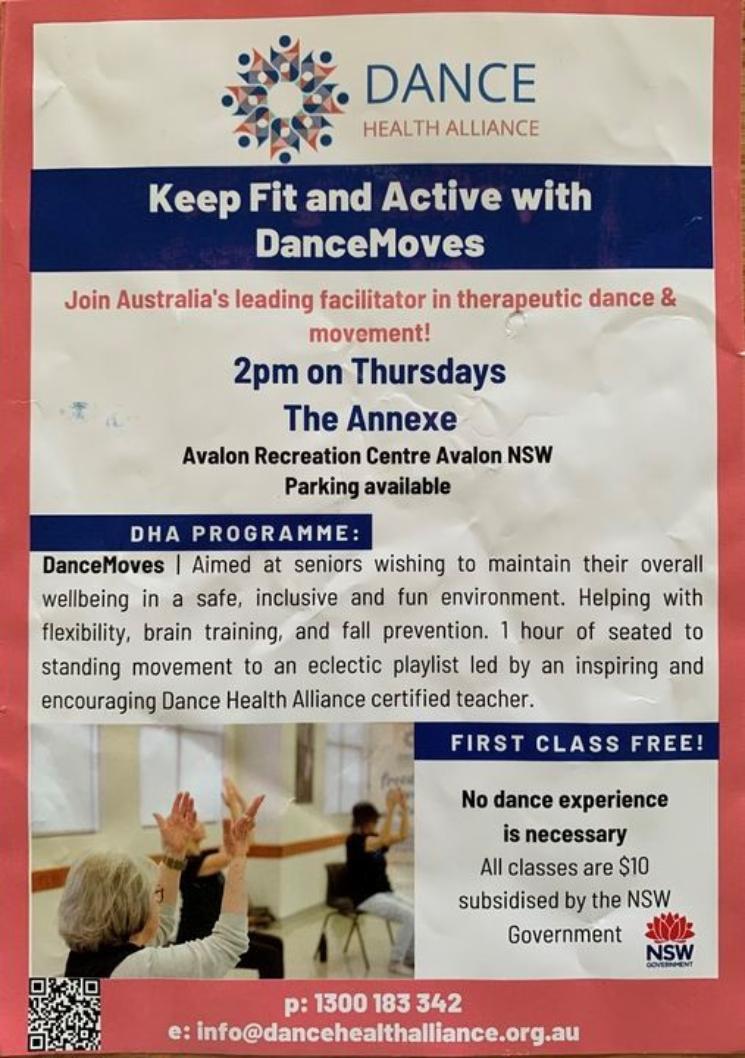
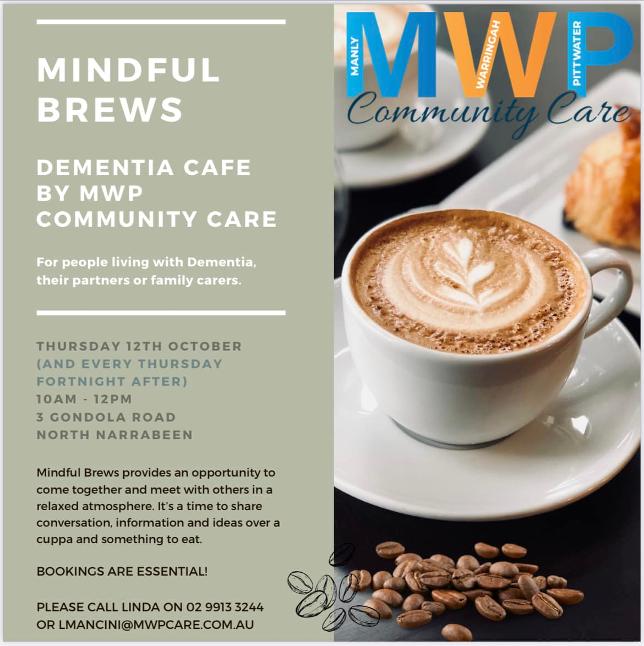
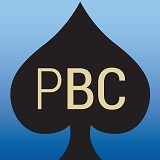
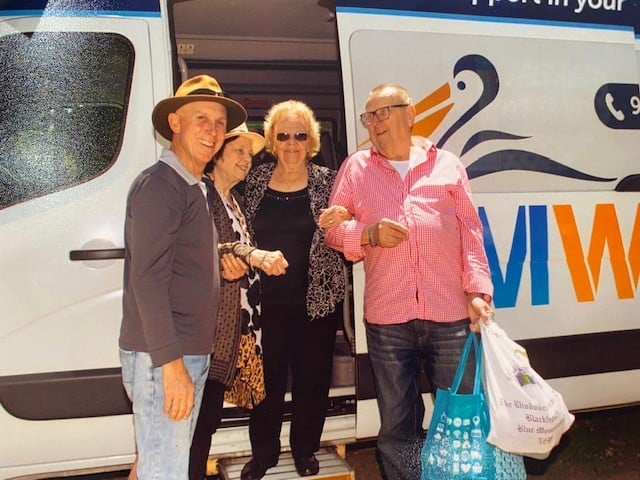
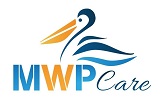


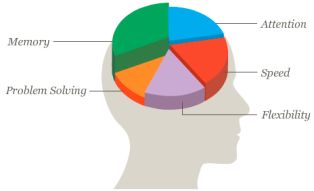 A regular contributor suggests we all look at Lumosity to see if will suit keeping active mentally. Their website states: "improve Brain Health and performance. Designed by neuroscientists, Lumosity exercises improve core cognitive functions. Researchers have measured significant improvements in working memory and attention after Lumosity training. Dozens of research collaborations help improve the Lumosity training program and its effectiveness." You can visit their website to decide for yourself at:
A regular contributor suggests we all look at Lumosity to see if will suit keeping active mentally. Their website states: "improve Brain Health and performance. Designed by neuroscientists, Lumosity exercises improve core cognitive functions. Researchers have measured significant improvements in working memory and attention after Lumosity training. Dozens of research collaborations help improve the Lumosity training program and its effectiveness." You can visit their website to decide for yourself at: 


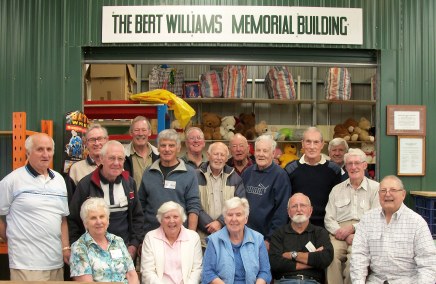
 The Senior Newspaper Online
The Senior Newspaper Online